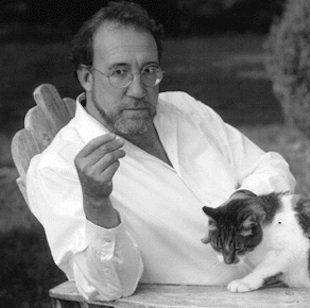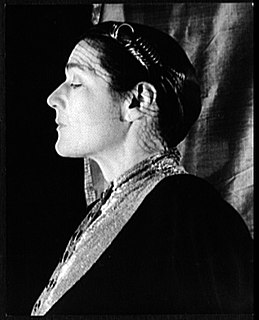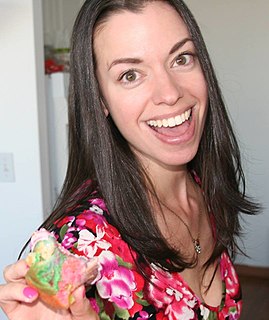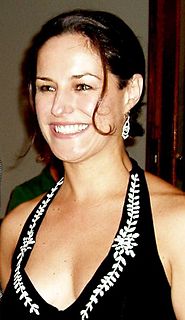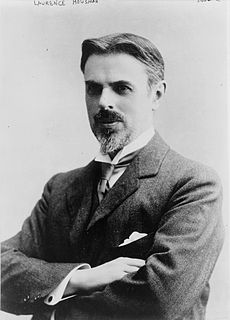A Quote by Richard Ben Cramer
I'm out there to clean the plate. Once they've read what I've written on a subject, I want them to think, 'That's it!' I think the highest aspiration people in our trade can have is that once they've written a story, nobody will ever try it again.
Related Quotes
I am not sure, once a poet has found out what has been written already, and how it was written - once, in short, he has learnt his trade - that he should bother with literature at all. Poetry is not like surgery, a technique that can be copied. Every operation the poet performs is unique, and need never be done again.
Crushed to earth and rising again is an author's gymnastic. Once he fails to struggle to his feet and grab his pen, he will contemplate a fact he should never permit himself to face: that in all probability books have been written, are being written, will be written, better than anything he has done, is doing, or will do.
My own experience is that once a story has been written, one has to cross out the beginning and the end. It is there that we authors do most of our lying . . . one must ruthlessly suppress everything that is not concerned with the subject. If, in the first chapter, you say there is a gun hanging on the wall, you should make quite sure that it is going to be used further on in the story.
On the whole, it bums me out that lyrics seem to be written as afterthoughts nowadays. Not sure why this is, but hopefully things will come around again and bands will once again want to "communicate" "ideas" with their audience, and not just content themselves with providing attitude and atmosphere with clichés on top.
During the '60s, I think, people forgot what emotions were supposed to be. And I don't think they've ever remembered. I think that once you see emotions from a certain angle you can never think of them as real again. That's what more or less has happened to me. I don't really know if I was ever capable of love, but after the '60s I never thought in terms of 'love' again.
Books are faithful repositories, which may be awhile neglected or forgotten; but when they are opened again, will again impart their instruction: memory, once interrupted, is not to be recalled. Written learning is a fixed luminary, which, after the cloud that had hidden it has passed away, is again bright in its proper station. Tradition is but a meteor, which, if once it falls, cannot be rekindled.
